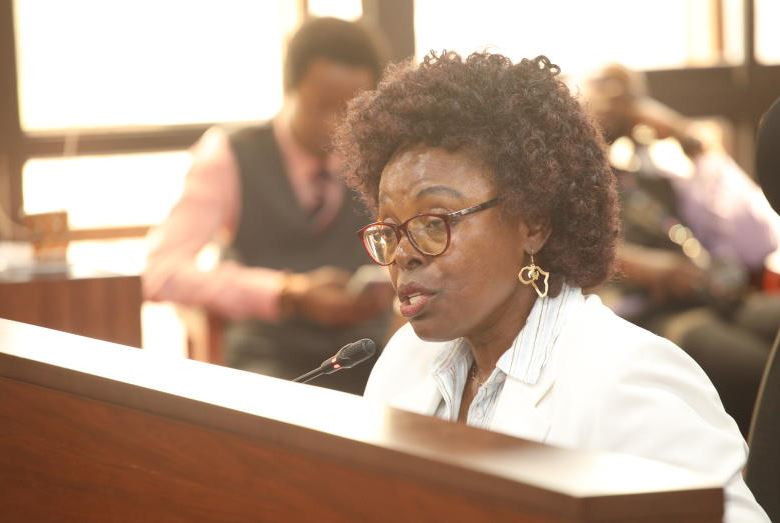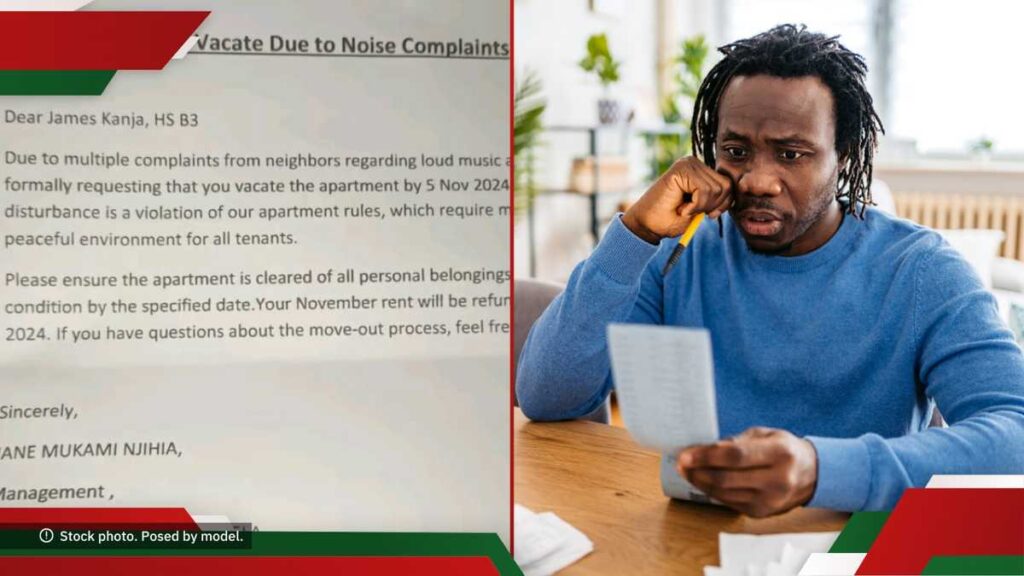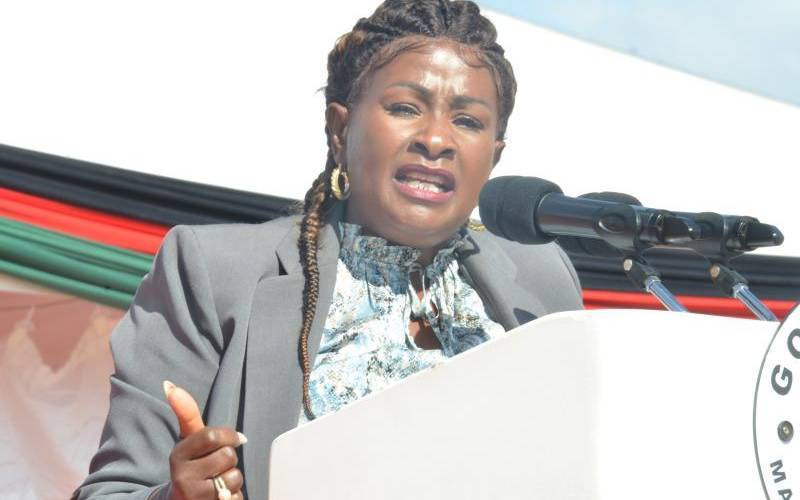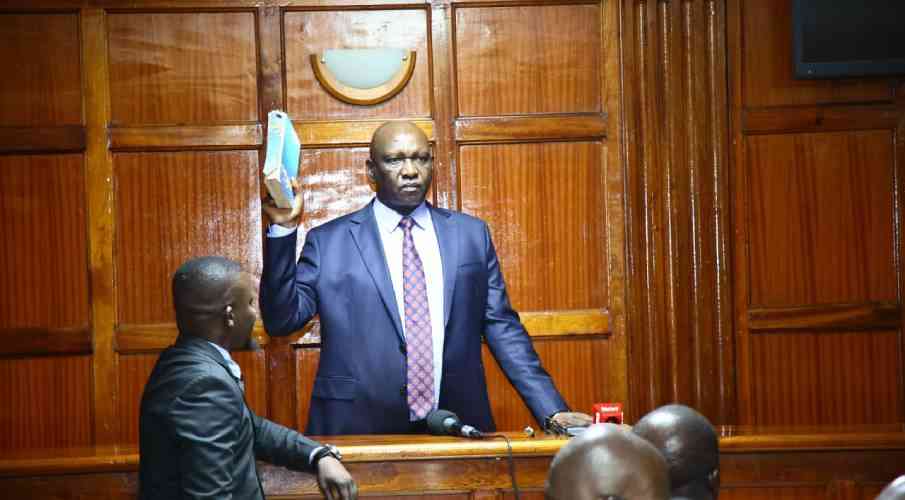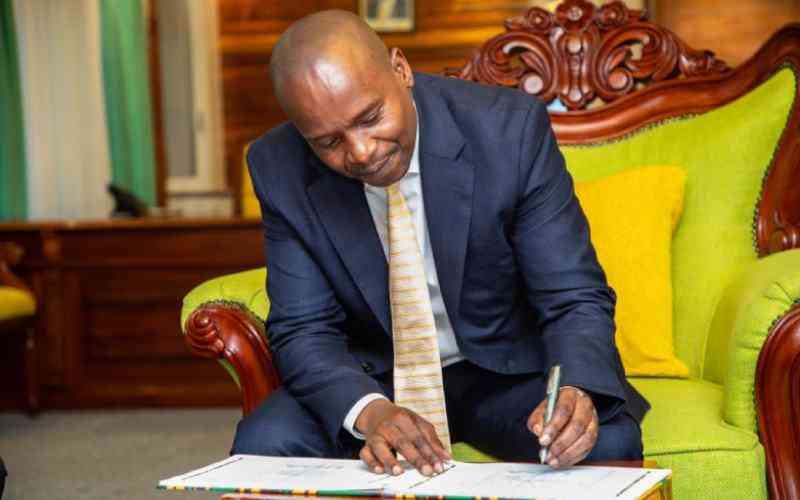The Controller of Budget (CoB), Margaret Nyakang’o, has said that the State Department for Interior and National Administration is among the leading government ministries and departments whose budgets have received approval.
According to Nyakang’o, the approval now gives them leeway to draw monies from the Exchequer to fund programmes in the 2025/2026 financial year.
The Interior Department and the National Police Service (NPS) have been allocated Sh32.6 billion and Sh125 billion, respectively.
Nyakang’o has confirmed that her office has completed approving the budget for the National Government, a month into the 2025/2026 financial year.
“We have finished approving the budget for the National Government and uploading, but we are having some challenges with county governments because, as we speak, only two counties have had their budgets approved,” she said.
The departments have previously had back-and-forth engagements with the CoB, having been accused of exceeding their budgets in successive financial years.
The three arms of government—Executive, Legislature, and Judiciary—have also had their budgets approved.
The CoB has, however, decried the fact that the majority of county governments are yet to submit their budgets to her office for scrutiny and approval.
She said that besides Nairobi and Kisii, budgets from 13 other counties are undergoing review, while the rest have yet to finalise their budgets.
The 13 counties include Kitui, Makueni, Machakos, Kakamega, Kirinyaga, Nyeri, West Pokot, Vihiga, Samburu, Kajiado, Laikipia, Lamu, and a duplicate entry of Kirinyaga.
To this end, counties that have not yet submitted their budgets, or are pending approval, cannot receive funds until their budgets are cleared by the CoB.
Governors have previously pointed an accusing finger at the National Treasury for failing to disburse funds on time, which they say has affected their activities.
Nyakang’o has since raised concern over the non-compliance in submitting budgets for approval, saying it is a violation of the law.
The Public Finance Management Act (PFMA) requires counties to submit their approved budgets by the end of June to enable them to draw funding from the Treasury.
Article 228(5) of the Constitution states that the Controller should not approve any withdrawal from a public fund unless satisfied that the withdrawal is authorised by law.
It also states that every four months, the Controller should submit to each House of Parliament a report on the implementation of the budgets of the national and county governments.
“They should submit immediately after June 30. They are already breaking the law if the assembly does not pass the budget by that date,” Nyakang’o said.
Stay informed. Subscribe to our newsletter
Without CoB approval, the devolved units cannot access any money to implement their development programmes, pay staff salaries, or settle monies owed to suppliers of goods and services—effectively paralysing their operations.
“In some cases, assemblies engage in what can only be described as political blackmail—deliberately delaying, rewriting, or rejecting proposals to extract concessions from governors, assert power, or settle scores,” she said.
According to the third quarterly National Government Budget Implementation Review Report for FY 2024/25, covering 1 July to 31 March, the National Government’s original gross budget was Sh4.49 trillion. This was revised to Sh4.37 trillion in Supplementary Budget I and Sh4.64 trillion in Supplementary Budget II, compared to Sh4.34 trillion for FY 2023/24.
Nyakang’o stated in the report that the revised budget comprises Sh616.09 billion for ministerial development expenditure, which is 13 per cent of the revised gross national budget and 26 per cent of the revised gross ministerial budget of Sh2.35 trillion.
The recurrent allocation comprised ministerial recurrent allocation of Sh1.73 trillion (37 per cent of the revised gross national budget) and Consolidated Fund Services (CFS) at Sh2.29 trillion (49 per cent of the revised gross national budget).
She said the National Government’s total expenditure for the first nine months amounted to Sh2.86 trillion, representing 62 per cent of the revised gross estimates of Sh4.64 trillion—compared to Sh2.91 trillion (64 per cent) recorded during a similar period in FY 2023/24.
This expenditure comprised ministerial development expenditure of Sh338.18 billion (with an absorption rate of 55 per cent), recurrent ministerial expenditure of Sh1.20 trillion (absorption rate of 70 per cent), and CFS expenditure of Sh1.31 trillion (an absorption rate of 57 per cent).








